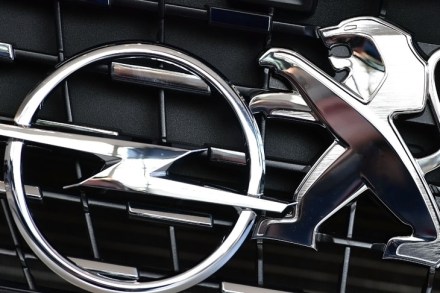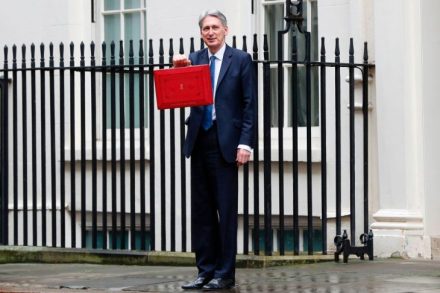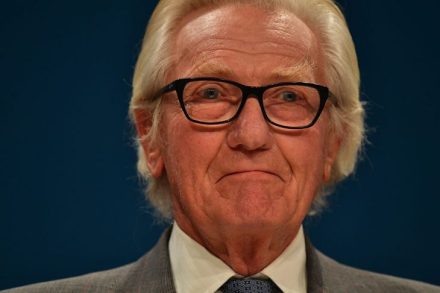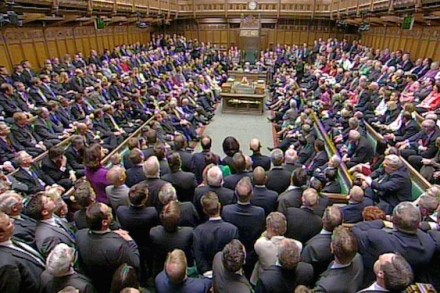Why do so many French youngsters support Marine Le Pen?
I’m very sceptical of the idea that the younger generation are more conservative than their elders, and that this makes conservatism somehow cool, which it isn’t. There have been times where the kids are more reactionary than their parents but generally only as a result of religious movements – and Britain is as atheistic as can be. Young Brits are very liberal and cosmopolitan, even compared to their peers in other European countries. In polls they express low levels of pride in their country and an unwillingness to fight in any theoretical war. The Brexit vote, and the big gap between old and young, showed just how liberal the young are.




















